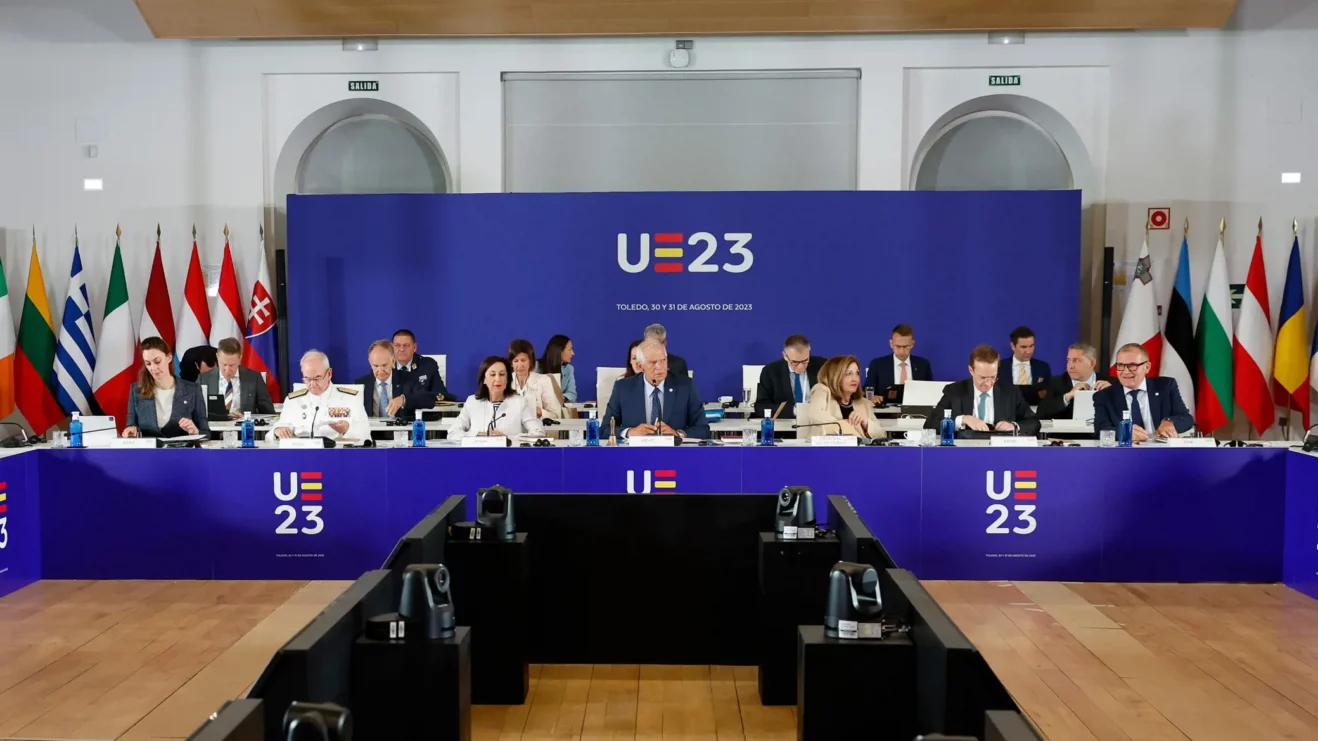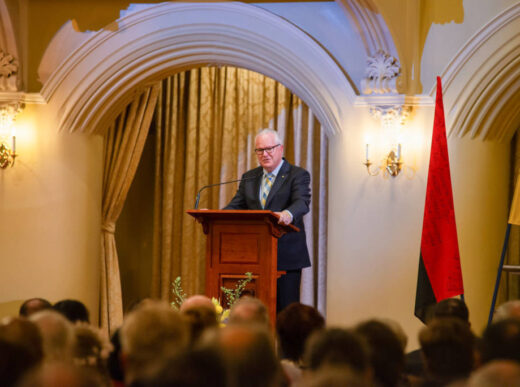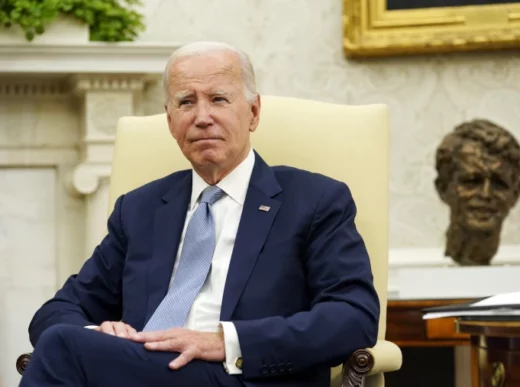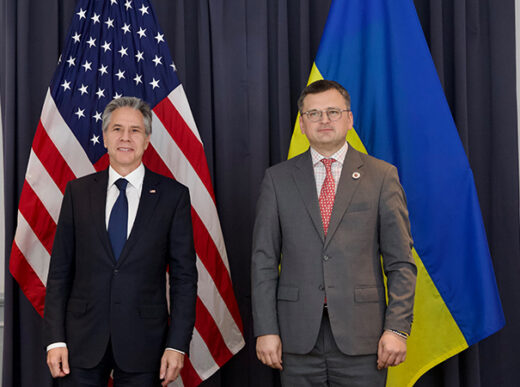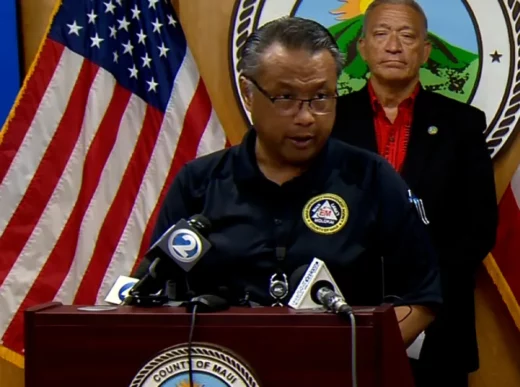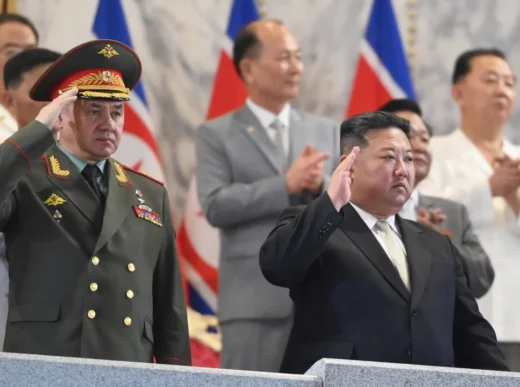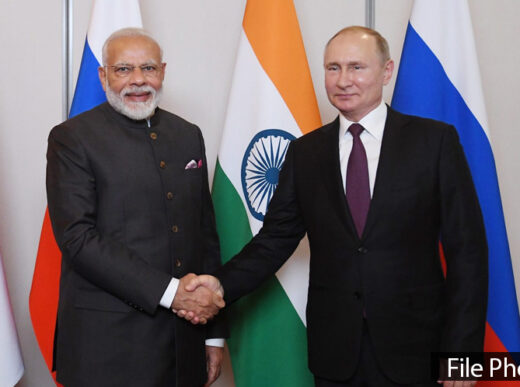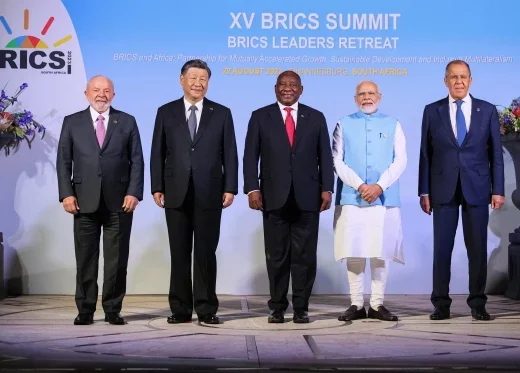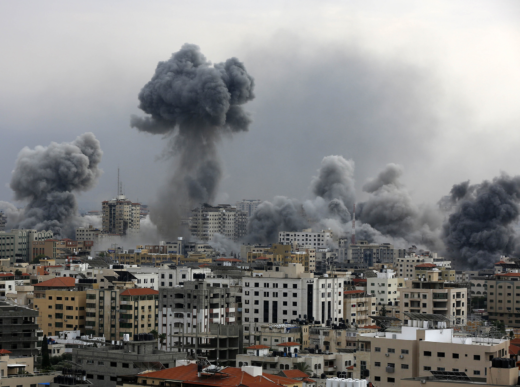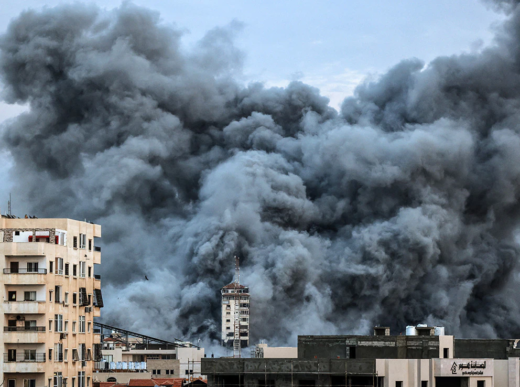In a resounding display of unity and commitment, the EU defense ministers convened in Toledo for an informal ministerial meeting, where they underscored their unwavering backing for long-term military assistance to Ukraine. The gathering also provided a platform to deliberate on the intricate security situation prevailing in the Sahel region. Delving into the key takeaways from this significant assembly, this article aims to unravel the essence of the discussions and the strategic implications for both Europe and the Sahel.
Toledo’s Confluence: Ukraine and Sahel in Focus
The Antigua Fábrica de Armas de Toledo bore witness to a crucial juncture as EU defense ministers convened to address pressing global concerns. Guided by the able leadership of EU High Representative for Foreign Affairs and Security Policy Josep Borrell, the meeting encapsulated multifaceted discussions revolving around the resolute support for Ukraine and the intricate web of security issues enveloping the Sahel region.
Ukrainian Update: A Videoconference Perspective
The meeting’s significance was further accentuated by the remote participation of Ukrainian defense minister Oleksii Reznikov. Through a videoconference, he provided a real-time assessment of the evolving ground situation, injecting a sense of urgency and realism into the proceedings.
EU’s Pledge to Ukraine: Countering Russian Aggression
High Representative Borrell elucidated that the ministerial discussions reaffirmed the EU’s unequivocal support for Ukraine in its steadfast resistance against Russian military aggression. A collective commitment was underscored to chart a path towards sustained and robust military support over the long haul. This resolute stance was articulated by Borrell during a joint press conference alongside acting Defense Minister Margarita Robles.
Spanish Presidency’s Commitment: Coordinated Support and Unity
Amidst the deliberations, a prevailing theme emerged – the Spanish presidency’s dedicated pursuit of coordinated support for Ukraine. This effort resonated with the overarching objective of fostering European unity and strength in the face of complex geopolitical challenges.
Sustainable Assistance: A Strategic Vision
The resilience of Ukraine’s defense was spotlighted as the EU envisaged a comprehensive assistance fund tailored to Ukraine. With an earmarked allocation of up to €5 billion annually for the period 2024-2027, this fund aims to ensure the enduring nature of support. Such an initiative aligns seamlessly with the broader canvas of the European Peace Facility.
Paving the Way for Enhanced Training
Ministerial discussions also ventured into the realm of training initiatives. A spotlight was cast on the training mission for Ukrainian military personnel, facilitated by armed forces of EU member states. Notably, over 25,000 Ukrainian soldiers have already undergone training, exceeding the initially projected target. With an eye on enhancing these efforts, Borrell advocated for an upward revision to the target – setting sights on training 40,000 Ukrainian military personnel in the forthcoming months.
Spain’s Resolute Commitment
Acting Spanish Defense Minister Margarita Robles reiterated Spain’s resolute dedication to fostering support for Ukraine and upholding the values it epitomizes. Beyond this, Robles emphasized the catalytic role of substantial financial packages in not only bolstering Ukraine but also propelling Europe’s defense industry and generating employment opportunities.
Strengthening the Sahel: A Confluence of Concerns
The ministerial meeting transcended regional boundaries, delving into the complex security dynamics of the Sahel region. Borrell highlighted the EU’s alignment with the Economic Community of West African States (ECOWAS) concerning the coup in Niger. The ministers extended their support to this regional organization’s response to the coup, awaiting specific requests for assistance that would enable thorough evaluation.
Emerging Challenges and the Sahel: A Precarious Equation
Borrell’s assertion of the coup in Niger exacerbating instability within an already fragile region underpins the gravity of the situation. The ministers echoed a steadfast commitment to pursuing African solutions to African challenges, underscoring their unequivocal backing for ECOWAS.
Charting the Way Forward: Autonomous Sanctions and Beyond
A forward-looking perspective was embraced as the EU contemplated the adoption of an “autonomous sanctions regime” against coup plotters, signaling a comprehensive approach to counter such threats. The foreign ministers’ informal meeting was earmarked for further deliberations on this critical initiative.
Sahel and Spain’s Role: Stabilizing the Region
In the context of the Sahel, Spain’s active role in the EUTM-Mali mission was highlighted. With a notable contingent, Spain has embarked on a mission aimed at fostering peace, security, and stability in Mali, thus contributing significantly to the broader objective of stabilizing the strategic Sahel region.
As the ministerial meeting concluded, its echoes reverberate across geopolitical arenas. The reaffirmation of support for Ukraine is emblematic of the EU’s determination to stand resolute against challenges, while the scrutiny of the Sahel situation reflects its commitment to regional stability and peace. In a rapidly evolving world, these discussions serve as a poignant reminder that unity, strategy, and diplomacy remain the cornerstones of effective international engagement.
